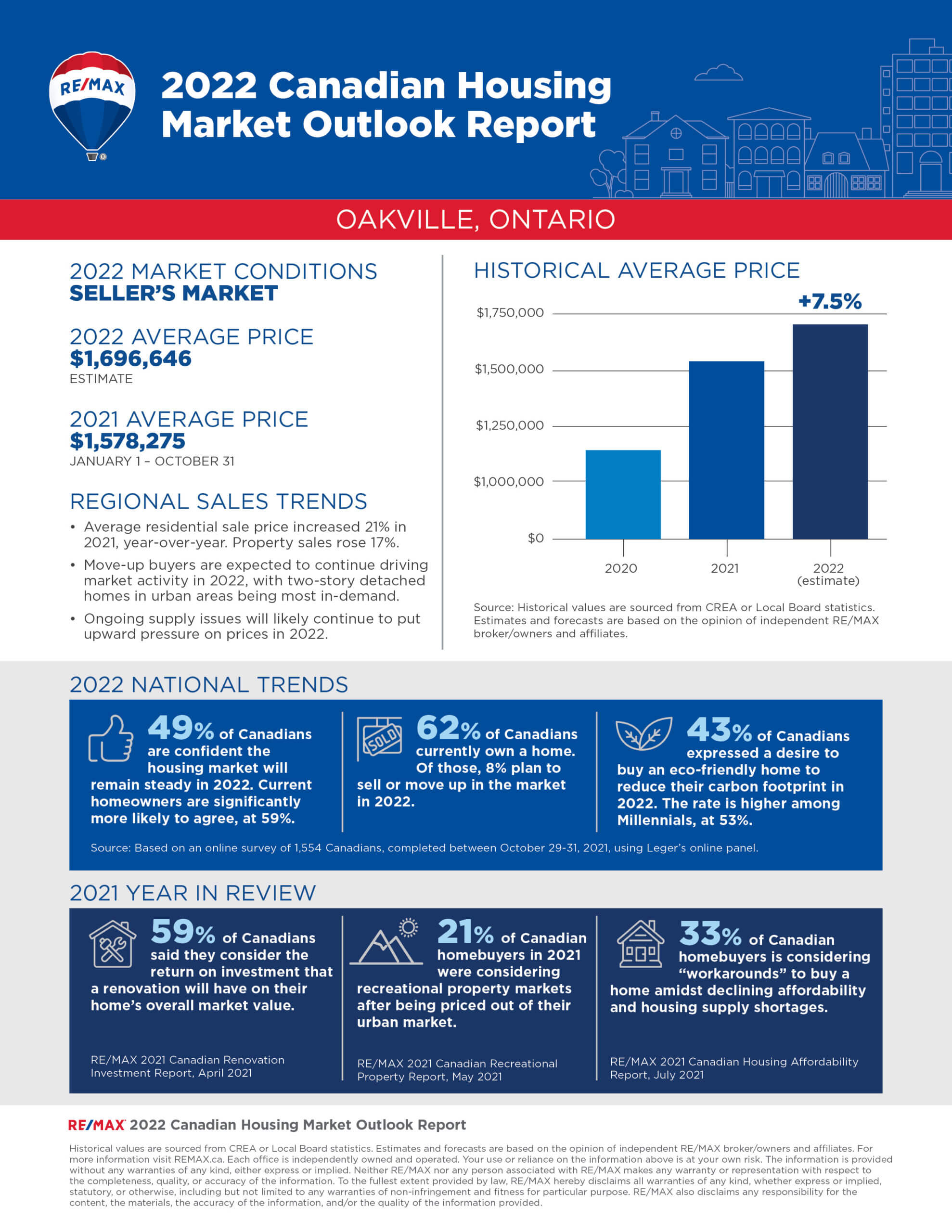The main federal political parties have released their housing plans. TRREB is encouraged by the attention being given by all parties to housing affordability challenges, something that TRREB has consistently advocated for many years. The affordability challenges we see today are fundamentally rooted in the fact that housing supply has not kept up with population growth, and we continue to push all parties to focus on a sustainable supply of diverse home types that meet the needs and expectations of GTA residents.
Below is a full summary of the various housing and real estate related campaign commitments released so far.

The Liberal Party housing plan is focused on a three-part strategy, including commitments for new government funding to support homeownership; a plan to build more homes to address supply constraints; and measures to establish and protect new rights to buyers, including banning “blind bidding.” Click here to see TRREB’s position on blind bidding.
Unlock homeownership
- Introduce a tax-free First Home Savings Account that combines the features of both an RRSP and a TFSA to allow Canadians up to age 40 to save up to $40,000 toward their first home, and to withdraw it tax-free to put toward a home purchase with no requirement to repay it.
- Double the First-Time Home Buyers’ Tax Credit from $5,000 to $10,000 to help with closing costs.
- Force CMHC to slash mortgage insurance rates by 25 per cent – a $6,100 savings for the average person, and increase the insured mortgage cut-off from $1 million to $1.25 million and index it to inflation.
- Proposing a “rent-to-own” program with $1 billion in new funding to help renters become homeowners.
Build more homes
- Invest $4 billion in a Housing Accelerator Fund for the creation of 100,000 new middle-class homes in four years. This will provide the tools to municipalities to increase supply, reduce approval times, establish inclusionary zoning bylaws and encourage transit-oriented development.
- A promise of $2.7 billion over four years to build or repair more affordable homes.
- Convert empty office and retail space into market-based housing.
- Introduce a Multigenerational Home Renovation tax credit to be used for adding a secondary unit by being able to claim a 15% tax credit up to $50,000 in renovation and construction costs.
Protect your rights
- Put a 2-year ban on new foreign ownership in Canadian housing, so foreign buyers will not be allowed to purchase a non-recreational, residential property.
- Implement a 1% national tax on non-resident, non-Canadian owners of vacant, underused housing (as outlined in Budget 2021), including foreign-owned vacant land within large urban areas.
- Will review the tax treatment of large corporate owners of residential properties such as REITs to curb excessive profits, and will also review the down payment requirements for investment properties to limit speculation.
- Strengthen federal oversight of the housing market by establishing the Canada Financial Crimes Agency as Canada’s first-ever national law enforcement agency solely dedicated to investigating and combatting all forms of major financial crime, including money laundering in the housing market. Additionally, the power of federal regulators will be increased so they can respond to housing price fluctuations.
- Establish an anti-flipping tax on residential properties, requiring properties to be held for at least 12 months to reduce speculative demand.
- Introduce a Home Buyers’ Bill of Rights to ensure the process of buying a home is fair, open and transparent, including banning blind bidding, establishing a legal right to a home inspection, ensuring total transparency on the history of recent house sale prices on title searches, requiring real estate agents to disclose to all participants in a transaction when they are involved in both sides of a potential sale, creating a publicly accessible beneficial ownership registry, ensuring banks and lenders offer mortgage deferrals for up to 6 months in event of job loss or major life event, requiring mortgage lenders act in the buyer’s best interest, and stopping “renovictions.”

The Conservatives are promising to ease housing affordability through a three-pronged approach that involves increasing housing supply, tackling money laundering and foreign investors, and making mortgages more affordable.
Increase supply by building 1 million homes in the next three years
- Leverage federal infrastructure investments to increase housing supply by:
- Building public transit infrastructure that connects homes and jobs by bringing public transit to where people are buying homes; and
- Requiring municipalities receiving federal funding for public transit to increase density near the funded transit.
- Review the real estate portfolio of the federal government – the largest property owner in the country with over 37,000 buildings – and release at least 15% for housing while improving the Federal Lands Initiative.
- Incent developers to build the housing Canadians both want and need, by:
- Encouraging Canadians to invest in rental housing by extending the ability to defer capital gains tax when selling a rental property and reinvesting in rental housing, something that is currently excluded; and
- Exploring converting unneeded office space to housing.
- Enhance the viability of using Community Land Trusts for affordable housing by creating an incentive for corporations and private landowners to donate property to Land Trusts for the development of affordable housing.
Tackle corrupt activities driving up costs of housing, money laundering and foreign investors
- Implement comprehensive changes to the Proceeds of Crime (Money Laundering) and Terrorist Financing Act, and give FINTRAC, law enforcement, and prosecutors the tools necessary to identify, halt, and prosecute money laundering in Canadian real estate markets.
- Establish a federal Beneficial Ownership Registry for residential property.
- Ban foreign investors not living in or moving to Canada from buying homes here for a two-year period after which it will be reviewed.
- Encourage foreign investment in purpose-built rental housing that is affordable to Canadians.
Make mortgages more affordable
- Encourage the offering of seven- to ten-year mortgages to provide stability for both first-time home buyers and lenders.
- Remove the requirement to conduct a stress test when a homeowner renews a mortgage with another lender.
- Increase the limit on eligibility for mortgage insurance and index it to home price inflation, allowing those in high-priced real estate markets with less than a 20% down payment an opportunity at homeownership.
- Fix the mortgage stress test to stop discriminating against small business owners, contractors, and other non-permanent employees including casual workers.
- No capital gains tax on the sale of Canadians’ principal residences.

The NDP’s housing plan focuses on making housing more affordable for families while helping young Canadians and families buy a home they can afford, and build 500,000 new affordable homes in ten years with half done within the first five years.
Increase affordable housing supply
- Building 500,000 affordable homes in ten years.
- Work in partnership with provinces and municipalities, build capacity for social, community, and affordable housing providers, to provide rental support for co-ops, and meet environmental energy efficiency goals.
- Set up dedicated fast-start funds to streamline the application process for co-ops, social, and non-profit housing.
- Mobilize federal resources and lands for these projects, turning unused and underused properties into vibrant new communities.
Go after “big money” investors by:
- Putting a 20% Foreign Buyers’ tax on the sale of homes to individuals who are not Canadian citizens or Permanent Residents.
- Target money laundering and organized crime within the housing sector by making it harder to hide behind numbered companies and giving regulators more teeth.
Make mortgages more affordable
- Re-introduce 30-year terms to CMHC insured mortgages on entry-level homes for first-time home buyers.
- Double the Home Buyers’ Tax Credit to $1,500 to help with closing costs.
- Provide resources to facilitate co-housing, such as model co-ownership agreements and connections to local resources, and ease access to financing by offering CMHC-backed co-ownership mortgages.
Housing climate action and broadband
- Require large scale building retrofits in all sectors, to have retrofitting in all buildings in Canada by 2050, beginning with upgrades to all buildings built before 2020 in the next 20 years.
- Help families make energy efficient improvements to their homes through low-interest loans.
- Canadians to have access to affordable, reliable high-speed broadband within four years.

The Green Party’s housing plan focuses on investing in affordable, non-profit, co-operative and supportive housing.
- The federal government to redefine “affordable housing” using an updated formula.
- Propose stronger regulation of foreign investment in real estate.
- Create a federal “empty home tax” that would apply to foreign and corporate property owners who leave units vacant.
- Pledge to work with other parties to address homelessness and expensive housing costs by declaring a national housing emergency.
- Create a retroactive benefit payment for tenants.
- Establish a national moratorium on rental evictions during and after the pandemic, and establish rent and vacancy controls.
- Support a greater share of tax revenues and decision-making authority for municipalities including use of city charters.
- Allocate 1% of GST to housing and other municipal infrastructure projects on ongoing basis.
- Create a national green retrofit program for existing residential, commercial, institutional and industrial buildings.
- Update the national building code to require all new construction and major renovations to older buildings meet net-zero standards by 2030.
- Work with provinces and cities to build at least 300,000 affordable housing units over the next ten years.




